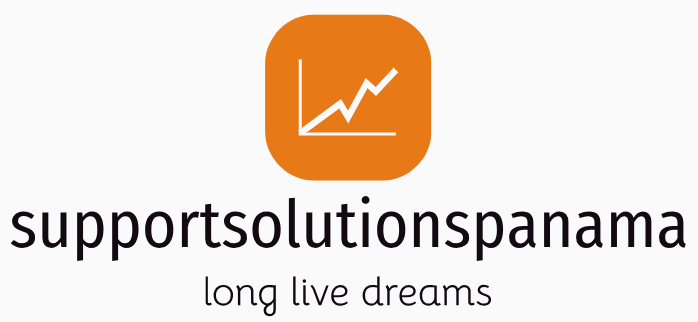Best Online Courses Find Your Perfect Match

Finding the Right Learning Platform for You
Choosing the right online learning platform can feel overwhelming. With so many options available, it’s crucial to consider your learning style, goals, and budget. Some platforms, like Coursera and edX, offer university-level courses from prestigious institutions, often at a cost. Others, such as Udemy and Skillshare, provide a broader range of courses, often at a more affordable price point, though quality can vary. Think about what kind of learning environment works best for you – structured with deadlines, or self-paced and flexible. This initial self-assessment is key to narrowing down your choices.
Identifying Your Learning Goals
Before diving into course catalogs, define what you hope to achieve. Are you looking to upskill for a career change, gain a specific professional certification, explore a new hobby, or simply expand your knowledge? A clear understanding of your objectives will help you select relevant courses. For example, if you aim to become a data analyst, look for courses focusing on data science, statistics, and programming languages like Python or R. Conversely, if you want to learn to paint, search for art courses tailored to your preferred medium and skill level. Specificity is your friend here.
Exploring Course Content and Structure
Once you’ve identified potential platforms and learning goals, delve into the course content. Look for detailed syllabi or course outlines that describe learning objectives, topics covered, and assessment methods. Check student reviews to gauge the course quality, instructor effectiveness, and overall learning experience. Pay attention to the course format: are there video lectures, assignments, quizzes, and projects? A well-structured course with diverse learning activities will generally lead to better knowledge retention and engagement.
Considering Instructors and Their Expertise
The quality of the instructor significantly impacts your learning experience. Research the instructor’s credentials, experience, and teaching style. Look for instructors with relevant expertise and a proven track record. Many platforms allow you to view sample lectures or read instructor biographies, giving you a sense of their teaching approach. A passionate and engaging instructor can make even complex topics more accessible and enjoyable to learn.
Assessing Course Reviews and Ratings
Don’t underestimate the power of student reviews. Read a variety of reviews to get a balanced perspective. Look for patterns in positive and negative feedback. Pay attention to comments about the course content, instructor’s teaching style, workload, and overall value. While individual experiences vary, a consistent pattern of negative reviews should raise red flags. Focus on reviews that provide specific details rather than general statements.
Evaluating Pricing and Payment Options
Online courses come at a wide range of prices, from free to several hundred dollars. Consider your budget and explore different payment options. Some platforms offer subscription models, while others charge per course. Check for discounts, promotions, or financial aid opportunities. Don’t solely focus on the cheapest option; prioritize course quality and relevance to your goals. Sometimes investing in a higher-priced, more comprehensive course can be a more effective use of your time and resources.
Utilizing Free Resources and Trials
Before committing to a paid course, many platforms offer free introductory courses or trial periods. This allows you to sample the teaching style, platform interface, and course content before making a financial investment. This can be invaluable in determining whether the course is a good fit for you. Don’t be afraid to try out a few different courses or platforms to find what works best.
Setting Realistic Expectations and Time Commitment
Online learning requires self-discipline and effective time management. Before enrolling, assess your available time and set realistic goals. Avoid overcommitting; it’s better to complete a few courses successfully than to start many and leave them unfinished. Create a dedicated learning space and schedule regular study times to maintain consistency and maximize your learning outcomes.
Leveraging Community Features
Many online learning platforms offer community features, such as discussion forums or Q&A sections. These features allow you to connect with other learners and instructors, ask questions, and share insights. Active participation in the learning community can enhance your understanding of the course material and provide valuable peer support.
Reviewing Your Progress and Seeking Feedback
Regularly review your progress and seek feedback from instructors or peers. Identify areas where you need more support or clarification. Use quizzes and assignments as opportunities for self-assessment. Continuous self-evaluation will help you stay on track and improve your learning experience. Read more about different online learning platforms.




![Discover the Future of [Product Category] Discover the Future of [Product Category]](https://images.unsplash.com/photo-1700104494865-200e961d942c?fm=jpg&q=60&w=3000&ixlib=rb-4.1.0&ixid=M3wxMjA3fDB8MHxzZWFyY2h8OXx8cHJvZHVjdCUyMGxhdW5jaCUyMG1hcmtldGluZyUyMGNhbXBhaWdufGVufDB8MHwwfHx8Mg%3D%3D)





